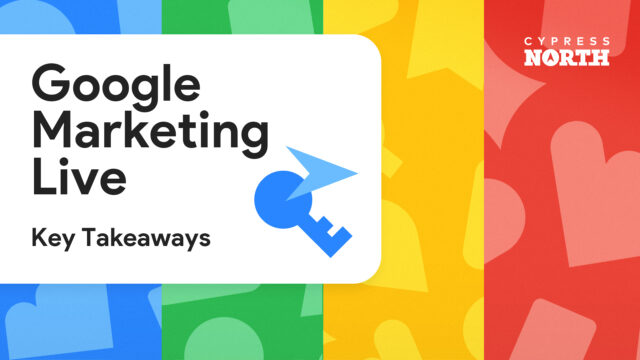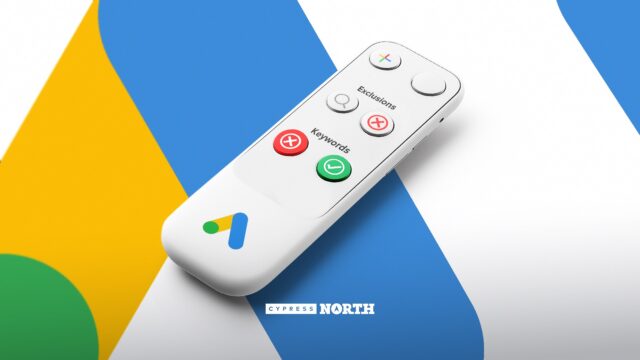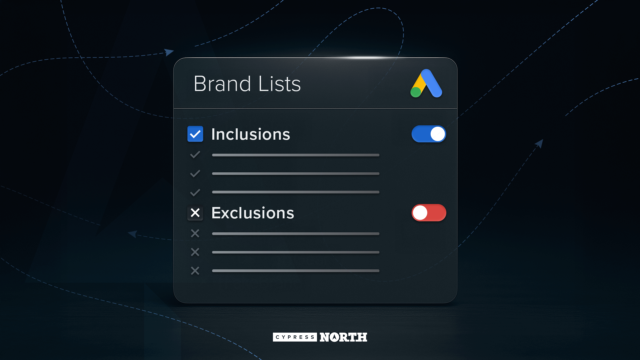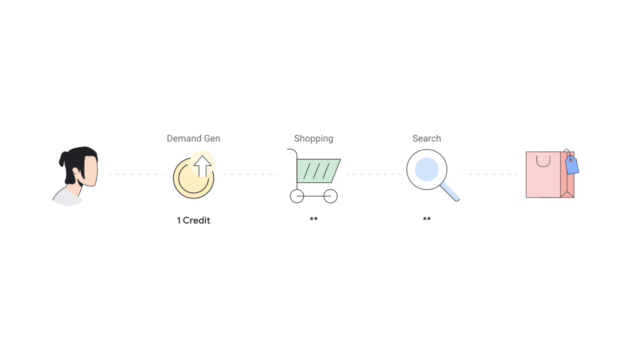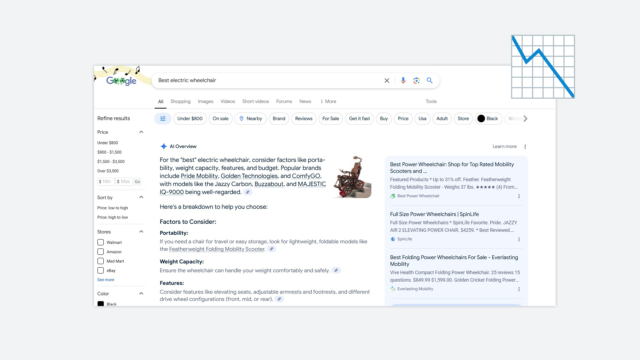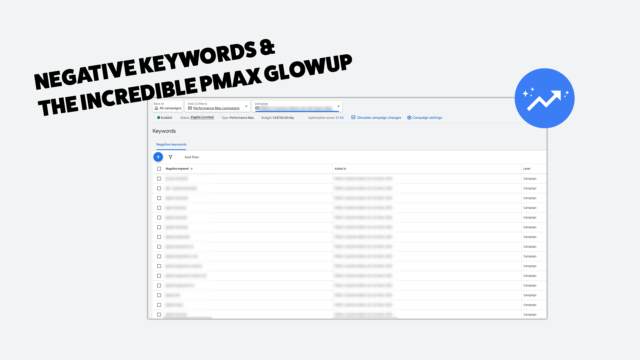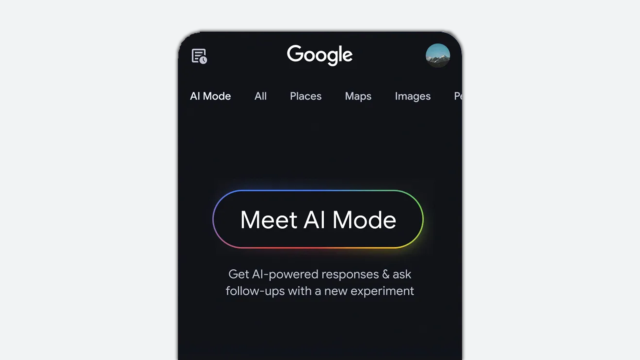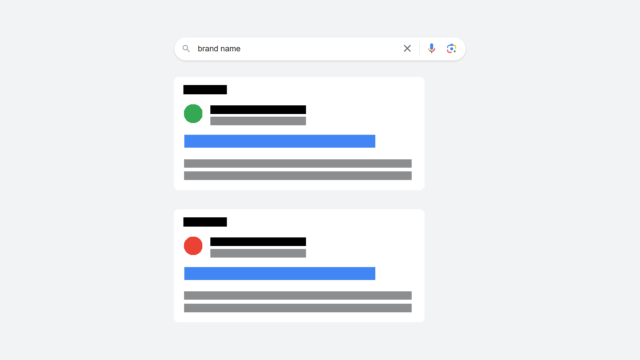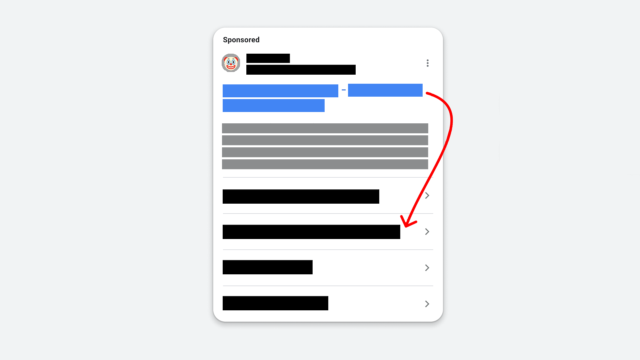Should Google Ads Recommendations Guarantee Broad Match Success?

Google loves broad match, and shockingly, I do too! A 2019 Greg would never believe that would be possible. Credit has to be given where it is due and over the past few years, Google Ads has revamped broad match into a very nice tool that can absolutely improve results for specific accounts and cases.

It also might not work for some campaigns - and that’s okay. The recommendations from Google, however, are not.
Google is now being overly aggressive with their recommendations for broad match and making claims that they simply can’t back up.
The Truth About Google Ads Recommendations
Okay, so if you’re reading this, you likely know that Google Optimization Score (and recommendations) will generally tank your overall account performance while having you spend additional budget across your account. Yes, some of the recommendations can help! However, the majority of recommendations are one-way:
- A recommendation exists to raise budgets but not to lower them
- There is a recommendation to add search partners but not to remove them
- Google will recommend expanding campaign types but not restricting them
The list goes on and on. However, the new recommendations and notifications about moving to broad match are a step too far. At best, the outlandish claims are deceptive and misleading.
Broad Match Keywords Messaging
A new message recently appeared in campaigns across the globe that looks to persuade users to make the switch away from match types and to use all broad match:
How about this convoluted mess of a first sentence:
“Your ads may show on searches that relate to your keywords, which ensures you get the best coverage and performance for your campaign.”
Breaking down the first portion, Google is saying that ads may show on searches that relate to your keywords. Note: they don’t say that ads will show on related keywords. That’s important. Additionally, your ads may not show on searches that relate to your keywords - this is an option that expands your reach, not restricts it.
The second portion of the sentence is where some lawyer is likely getting crafty with the verbiage to steer unsuspecting advertisers into losing their hard-earned cash. It states: “which ensures you get the best coverage and performance for your campaign.” Reading through this quickly, a novice may think that this will, well, “ensure” that you get the best performance for your campaign. Well, you’d be wrong.
That being said, the actual recommendation in Google Ads is even worse…
The Broad Match Keywords Optimization Score Recommendation
This is one of the most prominent recommendations from an OptiScore perspective that you can find in accounts:
This message isn’t hinting at anything. It isn’t implying anything. It reads as a statement of fact:
“Get more conversions at a similar or better ROI by adding broad match versions of your existing keywords.”
That right there reads as the truth, people.
Yet, it simply isn’t the case for every campaign, which is why I believe it is a misleading and dangerous approach being used by Google.
‘Exact’ly Why This is an Issue
The actual results of adding broad match may vary, and it’s not disputable.
Many campaigns can do very well with broad match, and other campaigns could cost you your job if you add broad match. No human with functioning neural activity would say that a specific tactic in Google Ads will ensure you get the best performance. Every client is different and every campaign works and operates differently.
Let’s look at the specific recommendation that Google made and take a journey:
“Broad match can show on searches that relate to your keywords.”
- If “can show” in the above sentence = true, then
- You will likely have better coverage
- Your performance should be better (assuming you still get coverage on your most important terms)
- Your ROI will probably be better
However, there is also the very plausible reality that for niched-out categories, broad match can have you show on searches that don’t relate to your keywords as much as a targeted keyword type would. That experience would look like this:
- If “can show” in the above sentence = false, then
- You will likely have worse coverage
- Your performance will likely be worse (assuming you still get more coverage on lesser terms and lose visibility on your most important terms)
- Your ROI should be worse
If you are a B2C company, have a big budget and volume, or have very specific nomenclature, you’ll likely fall into that first example with broad match performing well for you! You may find yourself in the latter journey (where broad match doesn’t work as well) if you have:
- High $ CPCs
B2B SaaS companies, law firms, and anything that has a high dollar CPC can struggle mightly with broad match. For these categories, the terms are so expensive that they can eat away at your budget rapidly while driving unwanted traffic with CPCs nearing the triple-digit mark. - Low Budget
If you don’t have the wiggle room to miss on many clicks, broad match may not work for you. Instead of using your budget to go after exact terms that you know will convert, you may find broad terms casting a wider net, but it may be pulling in a slew of junk queries. - Very Specific Terms
If you are advertising for a company that has very precise terminology, many times broad match can show for terms that are wildly incorrect. Negativing them all out can be near impossible with the limited visibility into search terms and ever-expanding broad match terms.
So, What Should You Do?
If you find yourself wondering if broad match may benefit your campaigns, you’re in luck! Instead of switching all of the keyword matching, Google Ads has an experiments feature that will allow you to run A/B experiments.
Simply test the waters by creating a new experiment campaign with broad match and one without broad match. Instead of making a major shift in a campaign, you will be able to use the current campaign as a benchmark against a campaign rich in broad match terms.
If broad match does work better, when the experiment has concluded, then you can make the switch easily based off of a data-driven decision.
Conclusion
I use broad match in almost every account that I currently manage. In many cases, it can go find conversions that you couldn’t have found by yourself. I love it!
I also see it fail to outperform other match types regularly.
Google should be ashamed of its messaging here and reconsider its entire communication strategy towards advertisers. The promise of “more conversions at a similar or better ROI” is hard to turn down by advertisers that are too naive or foolish to fully see the intent behind Google’s recommendations.
If there’s one guarantee in paid search... it is that there are no guarantees every client/company/account will operate in the same way.
Google, you need to do better.
Meet the Author

Greg Finn
Greg is the Head of Performance and Innovation for Cypress North's digital marketing team and one of the founders of our agency. In 2010, he and Matt Mombrea started Cypress North in Buffalo. Greg oversaw the opening of our second office in 2022, located in his hometown of Rochester.
As Head of Performance and Innovation, Greg co-manages our digital marketing department and works closely with our team to ensure all our clients achieve the best possible results. He is always looking for ways to test new digital marketing techniques and technology, and oversees all teaching and training efforts to ensure our agency stays ahead of the curve.
Greg is also a co-host of our weekly Marketing O'Clock podcast, where he and the team provide updates, insights, and hot takes on the latest SEO, PPC, and social media marketing news. In addition to weekly news shows, Greg hosts our Marketing O'Torial digital marketing tutorials and often co-hosts bonus Marketing O'Talk episodes that bring together panels of digital marketing experts.
With nearly two decades of experience, Greg is a known and trusted voice in the digital marketing community. He’s a contributor for Search Engine Land, a member of the Search Marketing Expo (SMX) programming team, and has been a featured speaker at some of the largest search engine conferences, including SMX, eSummit, and Pubcon.
When he’s not working or staying updated on the latest trends, Greg enjoys watching his kids play sports and coaching their soccer team. He’s been named the runner-up “Greg of the Year” on Marketing O’Clock’s annual Clockscars Awards four years in a row. While the coveted award has evaded him for many years, Keanu Reeves has not. Greg once saw him at Gabriel's Gate tavern in Buffalo (and noted he was very tall.)


